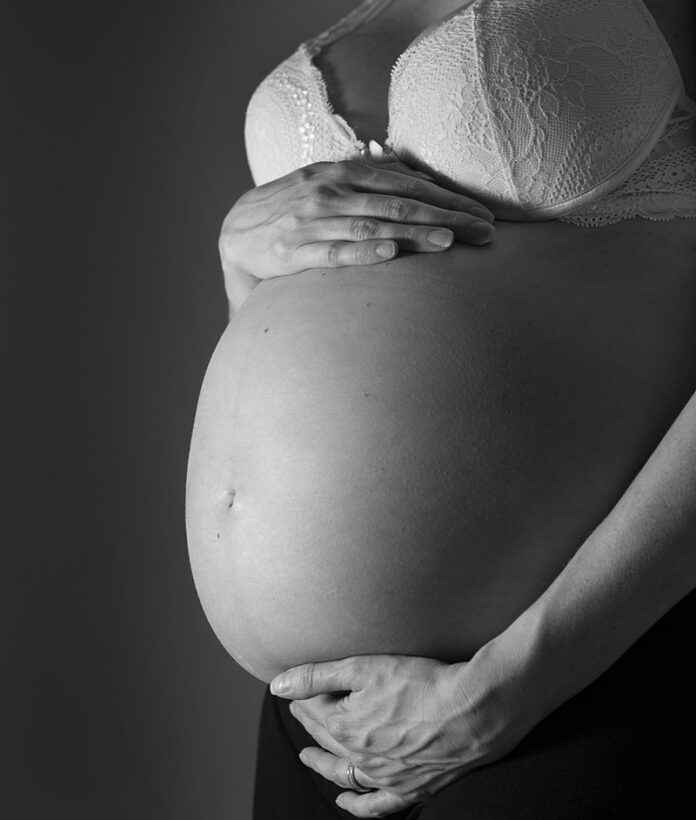Pregnancy is natural phenomenon. There isn’t much in the hands of couples except trying. But there is something that couples can do to increase the likelihood of pregnancy. Following is the list of seven practical ways to multiply the chances of conceiving-
1. Keep a Tab on the Fertile Period.
Ovulation period, i.e., fertile days of the month starts 12-16 days at the beginning of your menstrual cycle. You can easily track ovulation days via ovulation-prediction kits or period tracker apps.
2. Practice Regular Intercourse Amid the Ovulation Period
The fertile period lasts for six days each month. Being the fertile period, having sex during this period can significantly chance of conceiving. Dr Max Mongelli advises couples to practice regular intercourse span.
3. Abstain from Consumption of Alcohol or Tobacco.
It is scientifically proven that tobacco intake gives rise to infertility problems in both men and women. Tobacco consumption results in the aging of ovaries and depletes the number of eggs early. American College of Obstetricians and Gynecologists reported that moderate or heavy alcohol consumption during pregnancy creates complications in conceiving.
4. Ensure Intake of a Balanced Diet
Although a diet has no direct impact on the fertility directly. However, consuming a healthy diet can strengthen a women’s body for conception. A balanced diet includes lean protein, fruits, and vegetables, dairy, and healthy fat.
5. Start with a Prenatal Vitamin
Women trying to get pregnant can start on with the prenatal vitamin before pregnancy. It helps women to find the vitamin which is more suited to their body and continue it during pregnancy. Dr. Max Mongelli suggests consulting a gynecologist before starting with vitamins.
6. Chart Your Menstrual Cycle
Charting the menstrual cycle enables a woman to predict the regularity or irregularity of the period cycle. Knowing the frequency will help women determine the exact span of ovulation. You can chart periods on a calendar or digitally through applications.
7. Be Mindful of Age-related Fertility Concerns
Aging doesn’t have any significant impact on men’s fertility. However, an increase in age poses inverse effects on a woman’s fertility. As a woman crosses the age of 30, her ovaries decrease in efficiency and number. The decline signals possible future difficulties in conceiving.
In addition to the above practices, you can consult a gynecologist and obstetrician, suggests Dr. Max Mongelli. A doctor can guide you better and recommend techniques specifically suiting your lifestyle and body.








